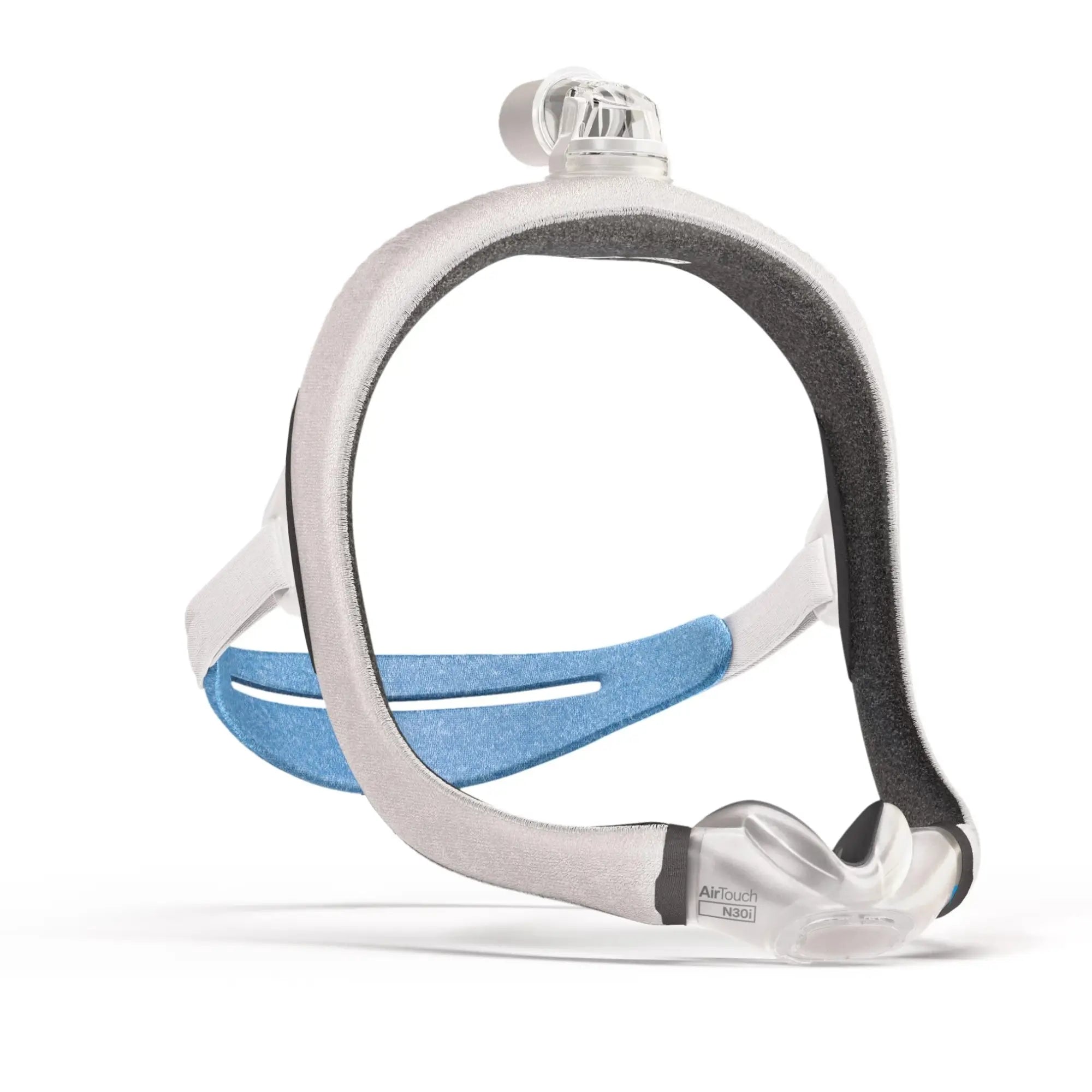Asthma and sleep apnea have a parasitic relationship. According to the Wisconsin Sleep Cohort Study, the two conditions aggravate each other. However, no correlation has been proven. It is generally assumed that if a person has asthma, they will develop OSA at some point.
What Is OSA?
Obstructive Sleep Apnea (OSA) is a condition where a person experiences troubled breathing while sleeping. The muscles in your throat relax while sleeping, leading to blocked airways.
As a result, you can snore, let out wheezing breaths, and experience fast or labored breathing. There’s a good chance you will wake up several times throughout the night and deal with fatigue all day. The most common treatment for OSA is a CPAP machine.
What is Asthma?

Asthma is a medical condition where your airways inflate and inflame. Your lungs produce extra mucus, clogging the breathing channels, making it hard to take deep breaths.
For some people, asthma is a mild condition they live with. You will face difficulty breathing now and then but it’s tolerable. For others, it can be a daily struggle. Sometimes, it leads to sudden breathing attacks, even capable of taking your life. An asthma patient might experience chest pains and coughing in addition to breathing difficulties.
The Research
The Wisconsin Sleep Cohort Study began in 1988. The participants were between the ages of 30 to 60. In total, 550 people took part, with 15 percent of the participants suffering from asthma.
These people would return to the lab every 4 years. They would fill up questionnaire forms to track their condition and essentially have an overnight sleepover. Of course, their conditions were monitored while they were sleeping.
At the first 4-year mark, at least 27 percent of the asthma patients now had sleep apnea. The study was concluded in 2013. By that time, it was discovered that asthma patients have a 40 percent higher chance of developing obstructive sleep apnea than non-asthmatic patients. Moreover, a person who has had asthma for a long time would have a bigger risk of developing OSA.
Yet, it is hard to say if asthma somehow causes sleep apnea, but we see that there is a correlation between the two.
How Do You Treat Asthma And OSA?

Asthma patients are usually treated with inhalers or nebulizers. For obstructive sleep apnea, the most generic form of treatment is continuous positive airway pressure or CPAP.
Yet, it seems asthma can be treated with CPAP, too. However, it is more exact to say that someone being treated with CPAP would seem to notice an improvement in their asthma symptoms. In the morning, their breathing rate is better than expected. There are lots of patients who have asthma attacks at night. CPAP is known for helping you sleep, too.
Inflamed airway is a symptom of asthma, which CPAP reduces. What happens is that a continuous supply of pressurized air stops your airways from closing into each other. Your body receives the required amount of oxygen throughout the night, so you can sleep without feeling choked.
Final Thoughts
A patient with sleep apnea and asthma would continue their treatment at the same time. Asthma still requires different medication though some symptoms can be treated with CPAP. If you are an asthma patient, in addition to following your doctor’s instructions, you should regularly screen for sleep apnea. The quicker you find a condition, the easier it gets to control and prevent it from worsening.

















































